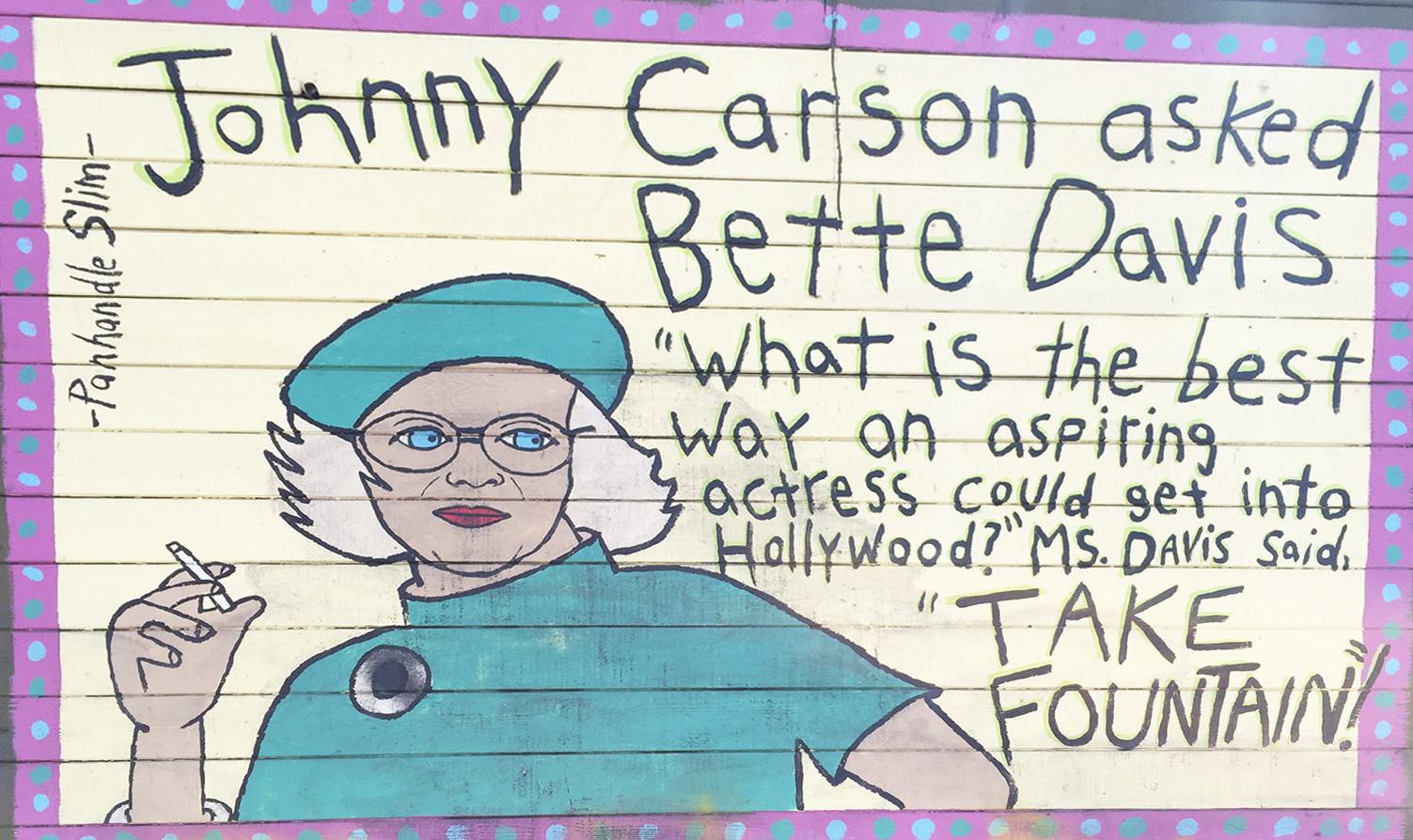The ability of individual people to defend themselves is a central aspect of anarchism of every variety. One of the first things every state does is monopolize violence and so prevent people from defending themselves as they see fit. Every anarchist understands that under the state “people are institutionally prohibited from defending themselves.”1 Every anarchist understands how absolutely necessary this prohibition is for the survival of the state.
How can this be true?! As a recent interlocutor had it, “I’m not sure where you get the idea that most people are institutionally prevented from defending themselves. There are statutes in every state that delineate the legal means of doing so, up to and including homicide.”2
Continue reading

